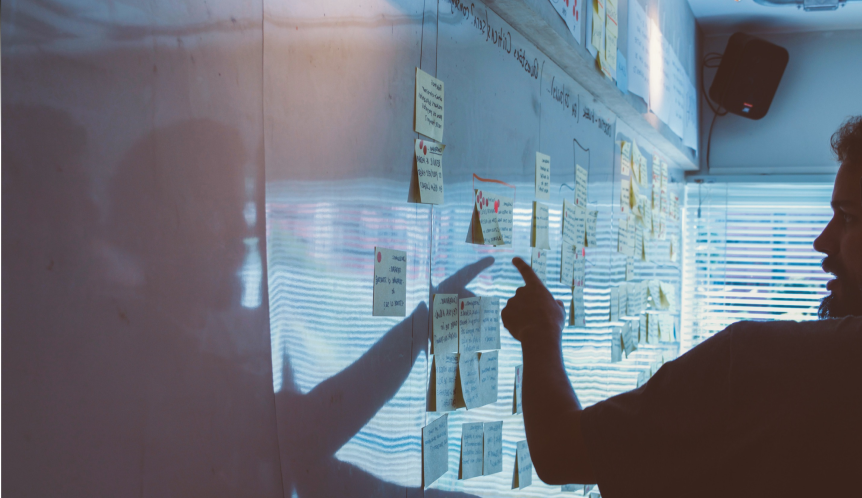Anywhere from 25 to 50 percent of Americans feel lonely much of the time, writes Kasley Killam in Scientific American. This puts them at risk for developing a range of physical and mental ailments, from heart disease, cancer, and diabetes to cognitive decline and depression.
Loneliness is a public health problem, but at the individual level, Killam, who drives community engagement in health research for Project Baseline at Verily and is a World Economic Forum Global Shaper, says we can take action to counter loneliness. One strategy is to volunteer.
In a recent survey of over 10,000 people in the UK two-thirds reported that volunteering helped them feel less isolated. Similarly, a 2018 study of nearly 6,000 people across the US examined widows who, unsurprisingly, felt lonelier than married adults. After starting to volunteer for two or more hours per week, their average level of loneliness subsided to match that of married adults, even after controlling for demographics, personality traits, and other variables. These benefits may be especially strong the older you are and the more often you volunteer.
Volunteering can obviously provide the opportunity to make new friends and feel a sense of belonging. But it can also compensate for the loss of meaning that commonly occurs with loneliness. (Research using the UCLA Loneliness Scale and Meaning in Life Questionnaire has shown that more loneliness is associated with less meaning.) Volunteering for causes that are important to us engenders a sense of purpose, which is tied to psychological well-being.
From the Glaser





